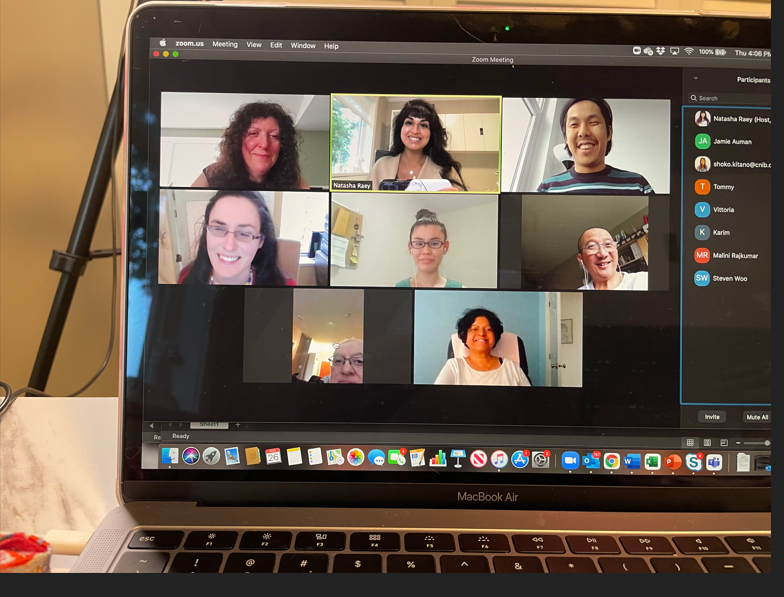By: Jamie Auman
People living with sight loss often experience barriers that prevent them from participating fully in society.
One way to combat prejudice and challenge stigma is to self-advocate. Self-Advocacy is all about you and how you represent yourself and your interests.
 It may be difficult to speak up, but as author and cultural anthropologist Margaret Mead says: "Never doubt that a small group of thoughtful, committed individuals can change the world. In fact, it's the only thing that ever has."
It may be difficult to speak up, but as author and cultural anthropologist Margaret Mead says: "Never doubt that a small group of thoughtful, committed individuals can change the world. In fact, it's the only thing that ever has."
When you encounter discrimination, here are some helpful questions you can ask yourself to determine your next advocacy steps:
- What services are available to you?
- Are you comfortable asking for a service, and do you think the service will be provided to you?
- Do you know your legal rights? What are they?
- What are your expectations for yourself, and what do sighted individuals expect from you?
- Can you defend against someone else’s prejudiced opinion? What is your strategy?
CNIB’s self-advocacy programs can teach you best practices on how to bring about change and help connect you with other self-advocates in the community.
Our Self-Advocacy workshop outlines your rights and how to get in contact with government officials to make societal change. To register for this program, please contact Jamie Auman at Jamie.Auman@cnib.ca. CNIB’s BC/Yukon Advocacy Leadership Committee meets once a month to discuss advocacy issues, research and strategies to fight against barriers. For more information, please email Natasha.Raey@cnib.ca.